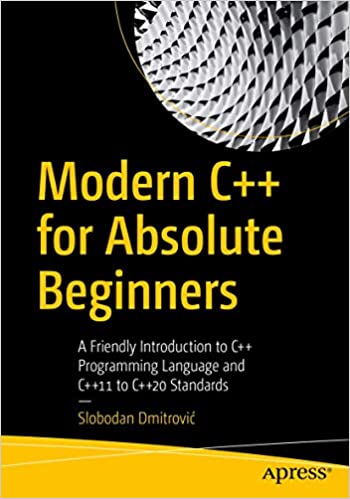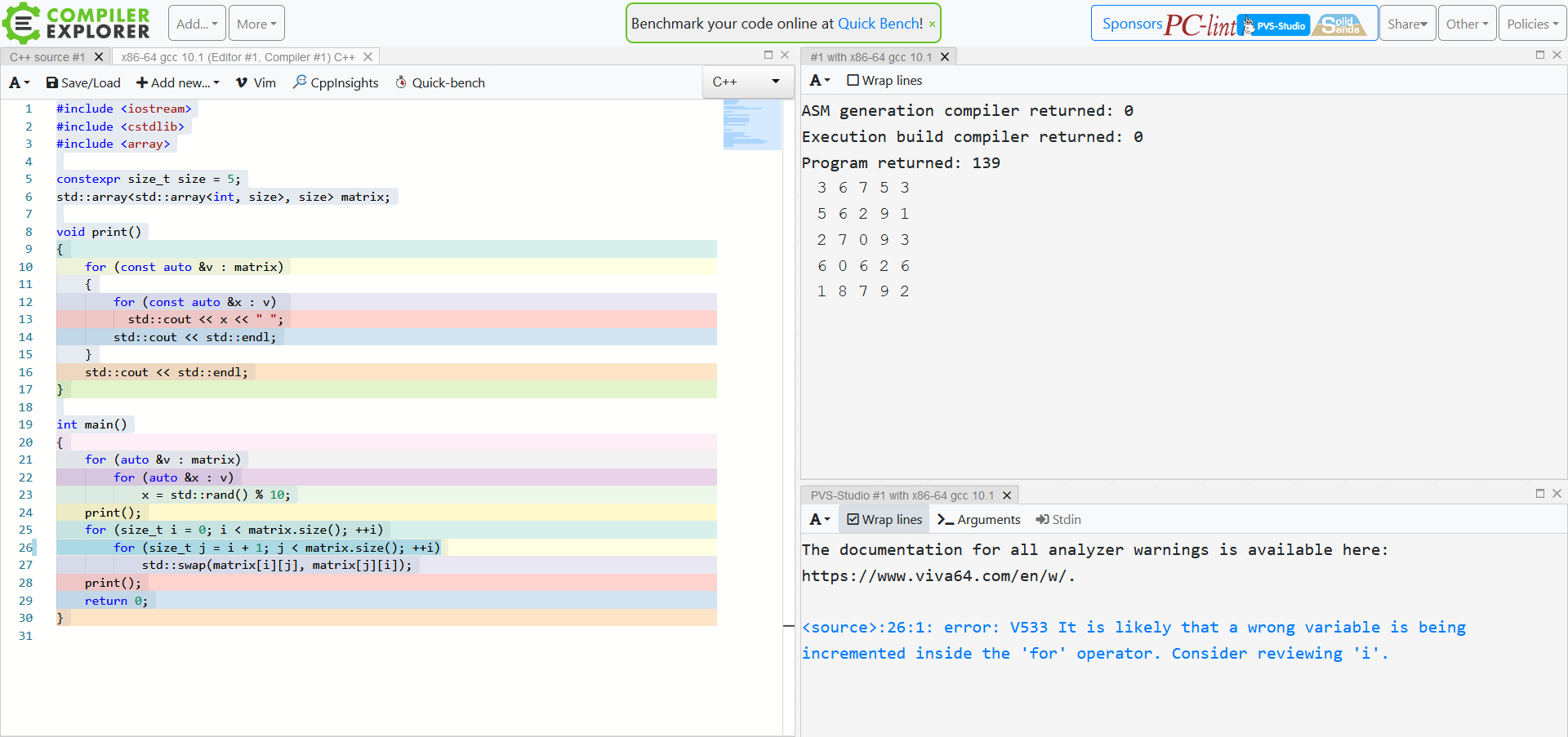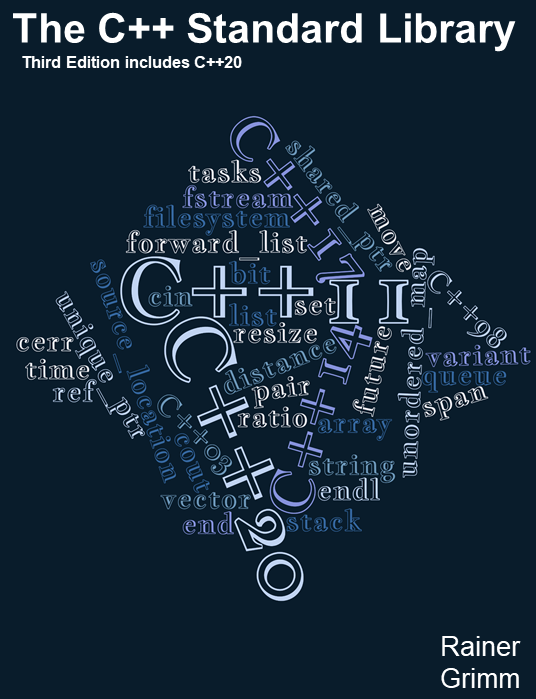
C++20: Extend std::format for User-Defined Types
/
0 Comments
Peter Gottschling presented in his last post "std::format in C++20" the basics of the new formatting…

std::format in C++20
Today, I'm happy to present Peter Gottschling's guest post to the new formatting library in C++20: std::format.…

More Convenience Functions for Containers with C++20
Removing elements from a container or asking if an associative container has a specific key is too complicated.…

constexpr std::vector and std::string in C++20
Probably the most viral keyword in modern C++ is constexpr. With C++20, we have a constexpr std::vector…

std::span in C++20: Bounds-Safe Views for Sequences of Objects
In my seminar, I often hear the question: How can I safely pass a plain array to a function? With C++20,…

And the Winners are:
Last week, I launched a quiz. The price was it to win one of the five vouchers for the book "Modern…

Five Vouchers to win for the book “Modern C++ for Absolute Beginners”
Is it possible to introduce C++ in 300 pages? Yes, it is. The book "Modern C++ for Absolute Beginners"…

volatile and Other Small Improvements in C++20
Today, I complete my tour through the C++20 core language features with a few small improvements. One…

New Attributes with C++20
With C++20, we got new and improved attributes such as [[nodiscard("reason")]], [[likely]], [[unlikely]],…

Compiler Explorer, PVS-Studio, and Terrible Simple Bugs
Do you know that PVS-Studio is integrated into the Compiler Explorer? If not, you should definitely read…

More Lambda Features with C++20
Lambdas in C++20 can be default-constructed and support copy-assignment when they have no state. Lambdas…

The C++ Standard Library: The Third Edition includes C++20
Just updated: The C++ Standard Library: What every professional C++ programmer should know about the…
